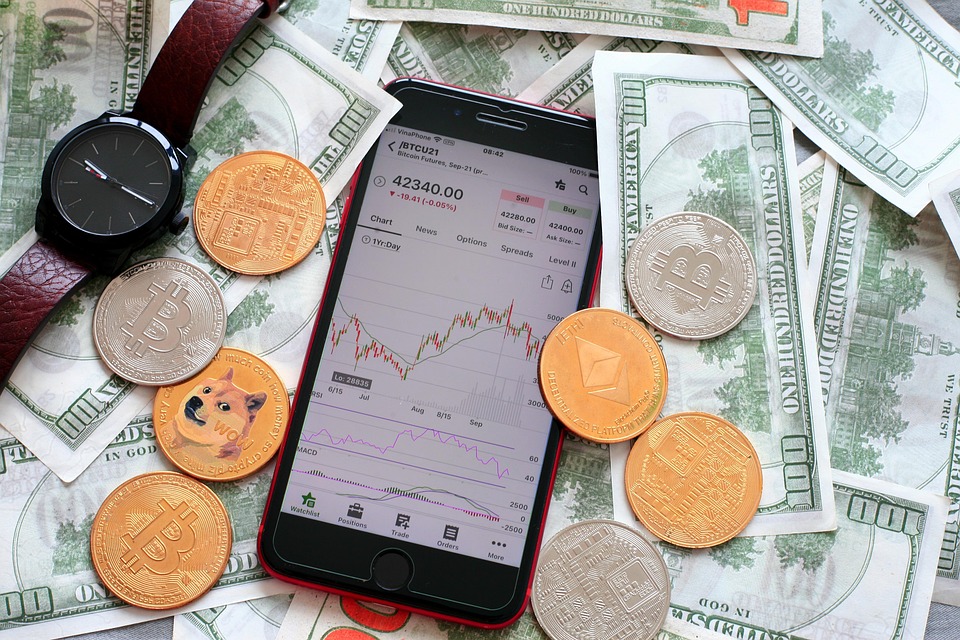Understanding TD Direct Investing: A Comprehensive Guide to Trading Fees
TD Direct Investing is one of Canada’s leading online brokerage platforms, offering a wide range of investment options for both novice and experienced traders. As with any investment platform, understanding the associated trading fees is crucial for making informed decisions. This guide will provide a comprehensive overview of TD Direct Investing’s trading fees, helping you navigate the costs involved in your trading activities.
Overview of TD Direct Investing
TD Direct Investing is part of the TD Bank Group and provides a user-friendly platform for trading stocks, ETFs, mutual funds, options, and fixed income products. With a robust suite of tools and resources, TD Direct Investing caters to a diverse clientele, from casual investors to active traders. However, before diving into trading, it’s essential to understand the fee structure that can impact your overall investment returns.
Types of Trading Fees
When trading through TD Direct Investing, several types of fees may apply. Here’s a breakdown of the most common fees you should be aware of:
Commission Fees
Commission fees are the primary costs associated with executing trades. TD Direct Investing offers a competitive commission structure:
– **Equity Trades**: For Canadian and U.S. stocks, the standard commission is typically around CAD 9.99 per trade. However, for active traders who execute a high volume of trades, there may be options for reduced commission rates.
– **Options Trades**: In addition to the standard commission, options trades incur a fee of CAD 1.25 per contract. This fee is added to the base commission for equity trades.
– **Exchange-Traded Funds (ETFs)**: Trading ETFs through TD Direct Investing is commission-free, making it an attractive option for investors looking to diversify their portfolios without incurring additional costs.
Account Maintenance Fees
TD Direct Investing does not charge annual account maintenance fees for standard accounts. However, certain account types, such as registered accounts (RRSP, TFSA), may have specific conditions or fees associated with inactivity or low balances. It’s essential to review the terms of your account to avoid any unexpected charges.
Currency Conversion Fees
For investors trading U.S. stocks or ETFs, currency conversion fees may apply. When you buy or sell securities in a currency different from your account’s base currency, TD Direct Investing will charge a currency conversion fee. This fee is typically around 1.5% above the market exchange rate, which can add up for frequent traders.
Other Potential Fees
In addition to the primary trading fees, there are other potential costs to consider:
– **Withdrawal Fees**: While transferring funds between TD accounts is generally free, withdrawing funds to an external bank account may incur fees depending on the method used.
– **Margin Fees**: If you trade on margin, interest charges will apply based on the amount borrowed. The margin interest rates can vary, so it’s important to understand these costs if you plan to leverage your investments.
Discounts and Promotions
TD Direct Investing occasionally offers promotions and discounts for new clients or for those who meet specific trading thresholds. These promotions can include reduced commission rates or cash bonuses for opening a new account. It’s worth checking the TD Direct Investing website or contacting customer service for the latest offers.
Conclusion
Understanding the trading fees associated with TD Direct Investing is essential for optimizing your investment strategy. By being aware of commission fees, account maintenance costs, currency conversion charges, and other potential fees, you can make more informed decisions and maximize your investment returns. Always review the latest fee schedule on the TD Direct Investing website, as fees and promotions may change over time. With the right knowledge, you can navigate the world of online trading with confidence.




